The Mind-Body Connection
October 10, 2025
Why Mental Health Begins in the Gut and the Brain
When working with clients at KLQ Therapy Services, they're often seeking support for anxiety,
burnout, depression, or relationship struggles. But over the years, I’ve come to see a deeper,
often overlooked thread woven through many of their stories—something I wish we all learned
earlier: mental health is physical health.
This truth has been echoed beautifully in two powerful books that have shaped my thinking as
a clinician: Gut Feelings by Dr. Will Cole and Brain Food by Dr. Lisa Mosconi. Both explore
how our emotional wellness is deeply linked to the health of our bodies—specifically, our gut
and brain—and together they reinforce what I see every day in therapy: you can’t treat the
mind without supporting the body.
Let’s take a closer look at this connection—and how Acceptance and Commitment Therapy
(ACT), a core approach we use at KLQ, can help you align your physical and emotional
health.
Your Gut Is Talking—Are You Listening?
In Gut Feelings, Dr. Will Cole explains that chronic stress, unresolved trauma, and emotional
suppression often manifest as inflammation and imbalance in the gut. This isn’t just a
metaphor—it’s biology. The gut, often called the “second brain,” produces over 90% of the
body’s serotonin, a key neurotransmitter involved in mood regulation.
When the gut is inflamed—due to poor diet, chronic stress, or autoimmune responses—it
doesn’t just impact digestion. It affects mood, motivation, focus, and resilience.
At KLQ, we recognize this bidirectional relationship: your gut health can impact your mental
health, and your mental health can disrupt your digestion, immunity, and sleep. It’s a cycle
that needs both medical attention and emotional attunement.
Fueling the Brain: What You Eat Shapes How You Think
Dr. Lisa Mosconi’s Brain Food dives into the neuroscience behind nutrition. Her research
shows that the brain is not just a passive recipient of food—it’s an active participant in
choosing, craving, and responding to what we eat. Brain fog, mood swings, and even
cognitive decline can stem from nutritional deficiencies.
This tells us that mental clarity and emotional regulation require more than
mindfulness—they need fuel: omega-3 fatty acids, polyphenols, antioxidants, and a stable
blood sugar balance. Simply put, nourishing the brain with real, whole foods is a foundational
part of emotional well-being.
As therapists, we don’t prescribe diets—but we do encourage holistic awareness.
How ACT Helps You Tune In and Take Charge
At KLQ Therapy Services, we use Acceptance and Commitment Therapy (ACT) to help
clients live more fully—even in the presence of discomfort. ACT teaches us to notice our
internal experience (thoughts, emotions, urges, and sensations) without judgment, and to take
committed action aligned with our values.
Here’s how ACT helps integrate mental and physical well-being:
- Mindfulness: ACT helps clients become more aware of how their body feels—tense jaw,
fluttering stomach, fatigue after meals—and what those sensations might be saying.
- Cognitive Defusion: Instead of getting hooked by unhelpful thoughts like “I’m just lazy” or
“I’ll never feel better,” ACT teaches us how to step back and see these thoughts for what they
are — just thoughts, not facts. One helpful practice is to reframe the thought from “I’ll never
feel better” to “I’m having the thought that I’ll never feel better.” This simple shift might seem
small, but it creates distance between you and the thought — allowing you to observe it
without automatically believing it or letting it dictate your behavior.
- Values-Based Living: Whether it’s prioritizing sleep, cooking nourishing meals, or going on
daily walks, ACT encourages you to act based on your values—not your mood.
By integrating ACT with insights from Gut Feelings and Brain Food, our therapy work
becomes more than symptom relief—it becomes a path toward embodied, sustainable
wellness.
Final Thoughts: Healing is Multidimensional
Therapy is powerful. But it’s even more transformative when it’s part of a whole-person
approach. Whether you’re navigating anxiety, burnout, or emotional fatigue, consider this:
What you feel emotionally may be a reflection of what your body is asking for.
At KLQ Therapy Services, we’re here to walk with you—whether it’s through untangling old
narratives, building emotional flexibility, or reconnecting to your physical body with curiosity
and compassion.
Healing is not just in your head. It’s in your habits, your gut, your breath, and your
plate. Let’s nourish all of you.
Warmly,
Kristin Quihuis, LMFT
Founder, KLQ Therapy Services



Share On: